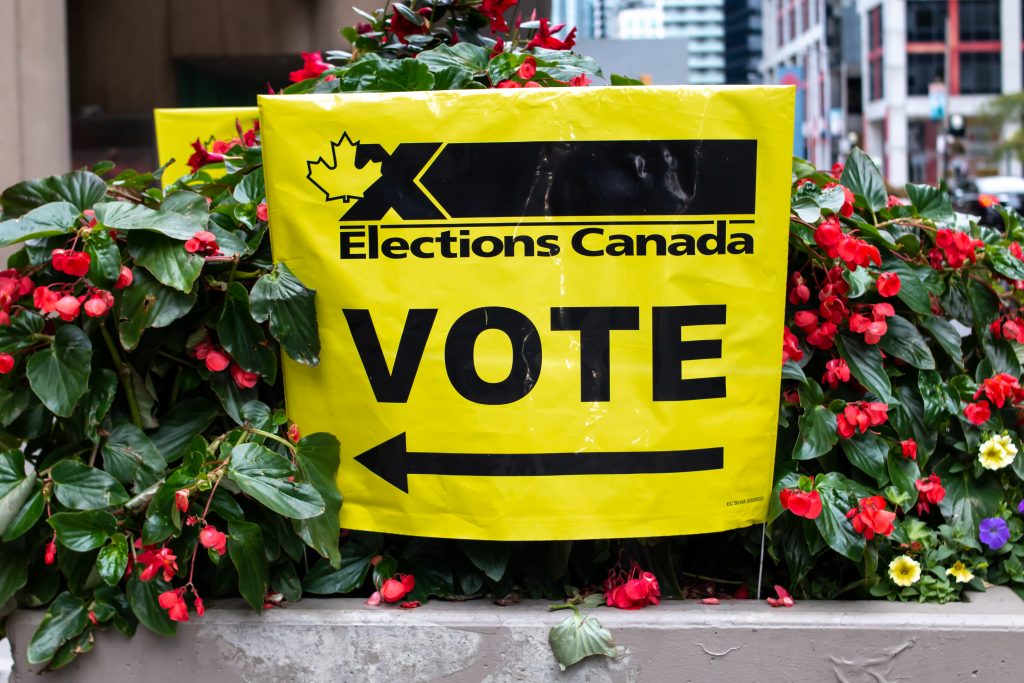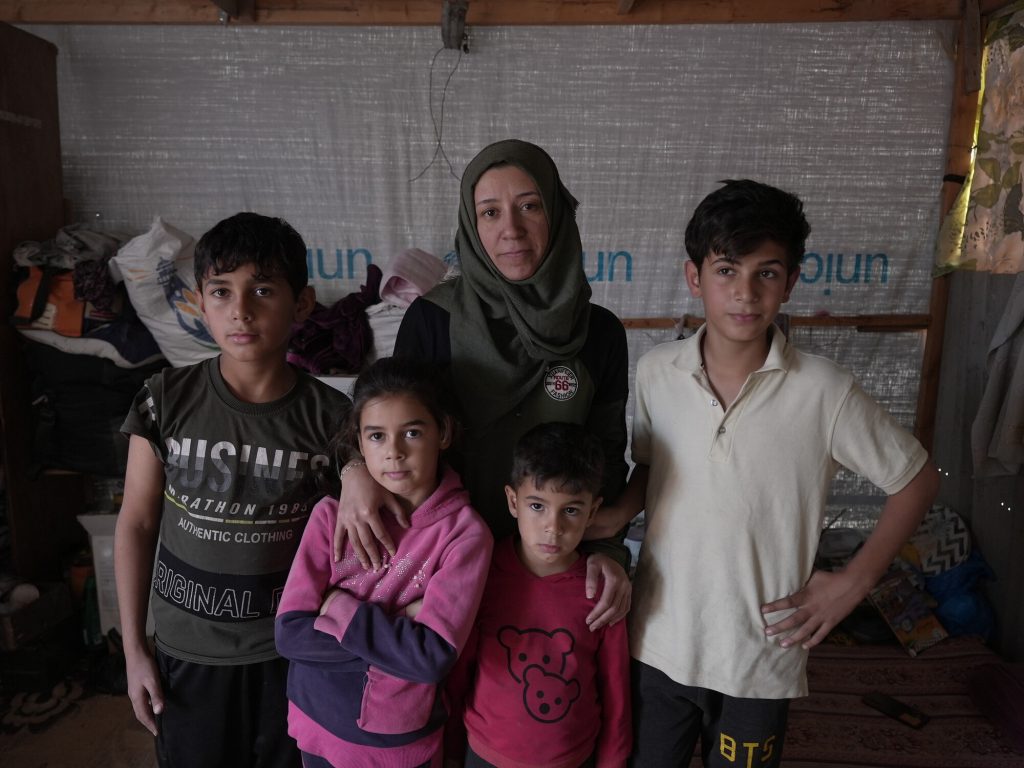Toward limiting the threat of violence against women in the South Sudan crisis
When I touch the sensitive subject of security, all I see is discomfort and eyes wandering off to avoid mine. On Friday (21 February) I met with another young woman, a girl in fact, who is so uncomfortable speaking about the topic, in this camp for South Sudanese refugees in Arua, North Uganda.
Just 17 years old, Nyebuony escaped the violence in South Sudan, together with her three siblings. No parents, just them, as appears to be quite common in this crisis.
Being the oldest girl, she is now taking care of her siblings. And as women do in South Sudan, it is now her task to fetch water at the newly restored water pump outside the camp.
The dangerous trip for water
She arrived here in settlement camp Katiku 2 in January to escape the violence in South Sudan. As much she is avoiding to speak about her sense of security in her new life as a refugee, she does in fact give me the answer indirectly, when she says she would like to have a bigger jerry can.
Four times a day she walks the distance with her small jerry can, and pumps up the water. If she had a bigger jerry can, she could limit her duty to twice a day, which would be a great relief to her. But the agencies ran out of jerry cans, and new orders are yet to be delivered. So four times a day it is.
It is a very touchy subject, so I learned on this trip that took me from Juba in South Sudan to Gulu and Arua in Northern Uganda.
Women are marginalized
Women are already very marginalized in the South Sudanese society. Violence against women is not uncommon, and is above all seen as a very private matter. I can only imagine how exposed especially single mothers, and young girls are to harassment and sexual violence, but we know little, too little so far. And I’m worried we don’t do enough to make sure we limit the threats to women to violence and abuse.
In all camps I visited, from UN House in Juba, to the settlement camps here in Uganda, the number off latrines is far from sufficient and they are not set up in a way that they can offer women the necessary privacy and protection. And single moms and child-led families are not yet receiving the minimum required assistance.
A mandate to protect
This past week, I’ve grown even more determined to keep asking the same question about the security of women. And now to ourselves, the aid workers, the UNHCR – who are mandated to protect refugees across the world – and to the responsible authorities.
Too many of my questions about lack of protection were returned with procedural replies.
The lack of assistance to vulnerable mothers and child-led households, as well as to the elderly, is just so frustrating, that I will keep insisting on immediate and practical action. Coordination should improve, and we should maintain a joint sense of urgency about these topics.
Gender issues, and protection of women are real-life issues, and in this crisis thousands of women are potentially subject to violence and abuse. And so together with my great appreciation of the massive accomplishments of our staff, our partner organizations and colleague-aid workers, I also want to express my concerns over the position of women.
Let’s take on the problems where ever we find them with no delay.
Farah Karimi is Executive Dirctor of Oxfam Novib. She is travelling to South Sudan and Northern Uganda, to witness the impact of the crisis in South Sudan and to assess the needs of the population.
This blog originally appeared at blogs.oxfam.org.
See the latest photos from Oxfam’s humanitarian response to the South Sudan crisis.
(Enlarge to see the captions.)

